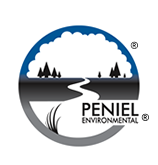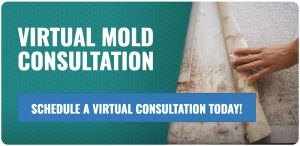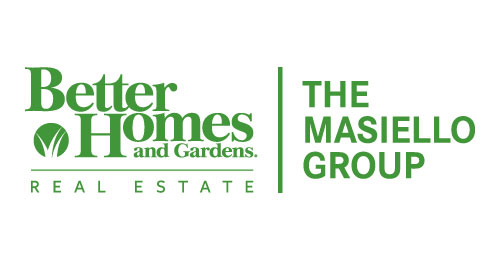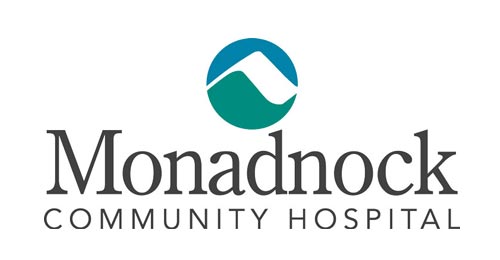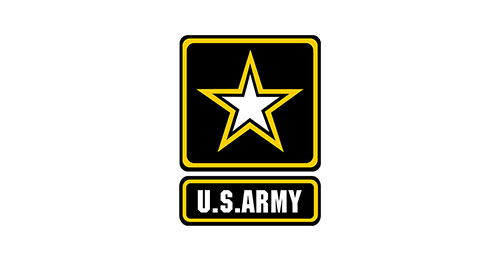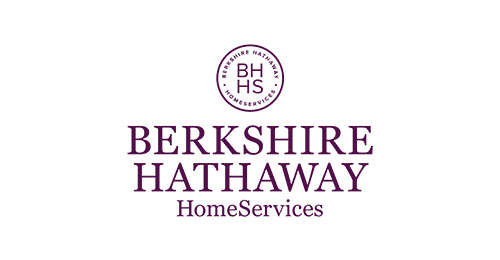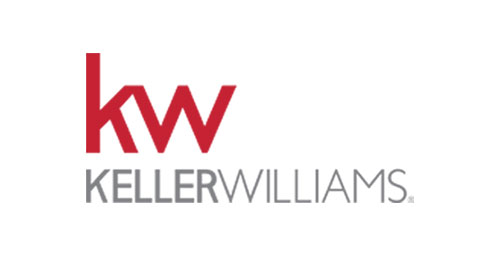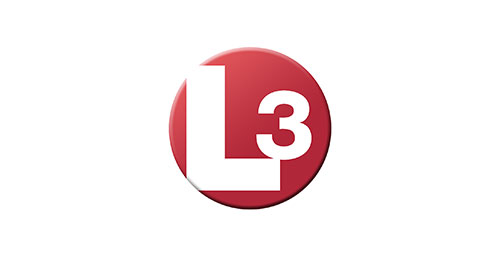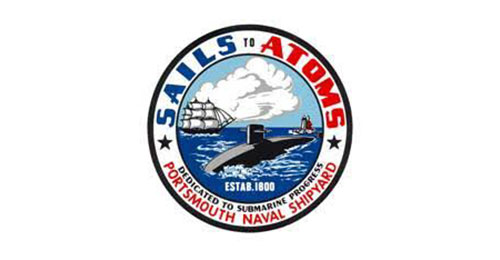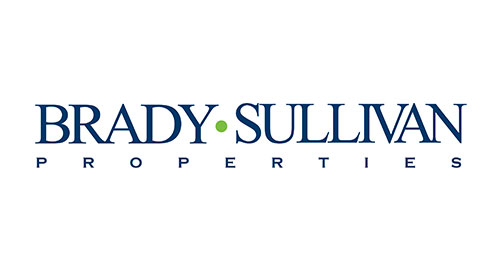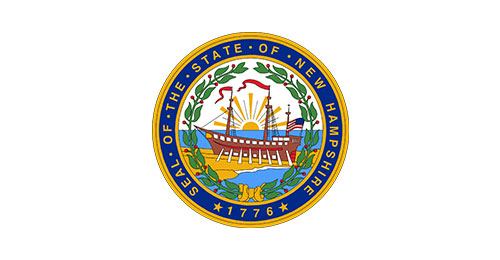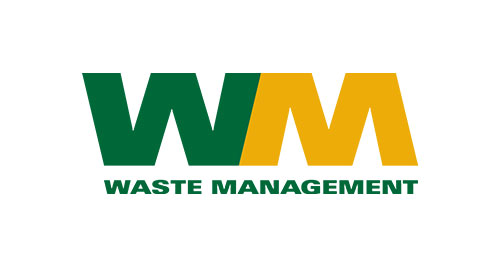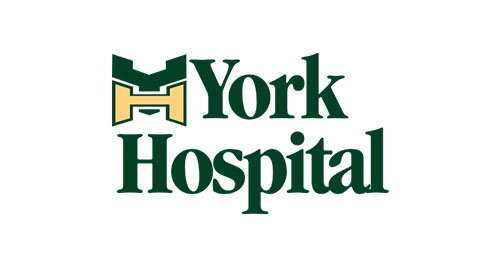- Mold Removal
- Asbestos Removal
- Asbestos Mitigation
- Asbestos Remediation
- Asbestos Survey
- Commercial Asbestos Removal Company
- Commercial Asbestos Removal Cost
- Asbestos Cleanup
- Safe Asbestos Removal
- Asbestos Roofing Removal
- Asbestos Pipe Wrap Removal
- Asbestos Insulation Removal
- Asbestos Linoleum Removal
- Asbestos Vermiculite Removal
- Asbestos Boiler Flue Removal
- Asbestos Testing
- Asbestos Removal Costs
- Infectious Disease
- Water Damage
- Fire Damage
- Environmental Services
- About Peniel
Disaster preparedness
COVID-19 Cleaning and Disinfecting: Currently not accepting new covid customers due to overwhelming demand
Water & Storm Damage
Peniel Environmental Solutions dries up your water problems so you can reclaim your space.
Fire & Smoke Damage
You've had a house fire but you're okay. Rapid response to fire damage is of critical importance
Mold Removal
Mold growth in the home can be a major issue, not only for health reasons but for your quality of life.
Disaster Preparedness
Do You Know What to do in the Event of a Natural Disaster?
Let Peniel Environmental help you prepare!
How Can I be Prepared? Plan an evacuation route.
- Have a place to meet in case someone is separated
- Have disaster supplies on hand ( Below is a sample list. Visit http://emergency.cdc.gov/preparedness/kit/disasters/ for more disaster preparation items)
| Bottled water | Flashlights |
| Radio | Batteries for flashlight and radio |
| Food that won’t spoil in a power outage | Generator |
| Gasoline for generator | First Aid Kit |
| Medications | Cash and Credit Cards |
- Wear weather appropriate clothing including sturdy shoes, waterproof or winter boots
- If you own a mobile home, make sure to check your tie downs annually
- Have a mutual contact person outside of the predicted disaster zone to report to in case of separation
Check your insurance policy.
Homeowners are advised to review their current insurance policy and become familiar with what is and is not covered, as damage due to flooding is not covered. Call your insurance agent to purchase flood insurance through the Nation flood insurance program for your home and/or business and its contents. Talking to an agent will also provide answers as to what flood insurance does and does not cover. There is usually a 30-day waiting period before coverage begins and coverage is relatively inexpensive. Renters can buy flood insurance and/or content coverage for personal belongings or business inventory. Landlords are only responsible for insurance on the buildings. To learn more about your flood risk and how to protect yourself and your business, visit the Federal Insurance and Mitigation Administration (NFIP) website, www.floodsmart.gov or call 1-800-427-2419.
What to do During a Flood, Blizzard, Hurricane, or Tornado WATCH (disaster is POSSIBLE)
- Listen to a battery-operated radio or television for progress reports about current “disaster”
- Check emergency supplies
- Fuel Car
- Bring in outdoor objects such as lawn furniture, toys, and garden tools and anchor objects that cannot be brought inside
- Secure buildings by closing and boarding up windows. Remove outside antennas (Tornado, hurricane, flooding)
- Turn refrigerator and freezers to coldest settings. Open only when absolutely necessary and close quickly
- Store drinking water in clean bathtubs, jugs, bottles, and cooking utensils
- Store valuables and personal papers in waterproof containers on the highest level of home
- Review evacuation plan
- Clear roof of all snow (blizzard)
What to do During a Flood Blizzard, Hurricane, or Tornado WARNING (disaster is EXPECTED)
- Listen constantly to a battery-operated radio or television for official instructions
If Home during storm
- Stay inside, away from windows, skylights, and glass doors
- Keep a supply of flashlights and extra batteries handy. Avoid open flames such as candles and kerosene lamps as a source of light.
- If power is lost, turn off major appliance to reduce power “surge” when electricity is restored
If Officials indicate evacuation is necessary
- Leave as soon as possible. Avoid flooded/Icy roads and bridges. Watch for wash-outs, black ice, low hanging wires, and downed trees.
- Secure your home by unplugging appliances, turning off electricity and the main water valve
- In case of a blizzard let your water run slightly to help avoid freezing pipes
- Tell someone outside of the predicted disaster area where you are going
- If time permits, and you live in an identified surge zone, elevate furniture or move to a higher floor to protect in case of flooding.
- Take pre-assembled emergency supplies, warm protective clothing, blankets, and sleeping bags to shelter
- Lock up home and leave
Now the storm has passed, what should you do?
- Stay tuned to local radio for information
- Help injured or trapped persons
- Give first aid where appropriate
- Do not move seriously injured persons unless they are in immediate danger of further injury, call for help
- Return home only after authorities advise that it is safe to do so. DO NOT cross blocked roads, flooded roads, or downed power lines to get home.
- Avoid loose or dangling power lines and report them immediately to the Power Company, police, or fire department.
- Enter your home with caution.
- Open windows and doors to ventilate and begin drying out your home (flooding)
- Clean roof off immediately (Blizzard)
- Check refrigerated foods for spoilage
- Take pictures of damage, both to the house and its contents for insurance claims.
- Drive only if absolutely necessary
- Use telephone only for emergency calls.
Inspecting A Damaged Home
- Check for gas leaks – if you smell gas or hear blowing or a hissing noise, open a window and quickly leave the building. Call 911 and turn off the gas at the outside main valve if possible. Call the gas company from a neighbor’s home. If you turn off the gas for any reason, a professional must turn it back on.
- Look for electrical system damage – If you see sparks or broken or frayed wires, or if you smell hot insulation, turn off the electricity at the main fuse box or circuit breaker. If you have to step in water to get to the fuse box or circuit breaker, call an electrician first.
- Check for sewage and water line damage – if you suspect sewage lines are damaged avoid using the toilets and call a plumber. If water pipes are damaged, contact the water company and avoid the water from the tap. You can obtain safe water by melting ice cubes.
- Beware of soft floor boards and broken glass– walk carefully, if you feel a soft floor board, try to avoid that area to prevent further damage and use caution cleaning up broken glass
- Check for sagging ceilings in the uppermost floor of your home– sagging ceilings could be your first sign of a heavy snow load on your roof. If you discover this, begin raking the snow off your roof or call a contractor to have it done to avoid further damage.
- Beware of mold – in any case where there is or was flooding/dampness there is the potential for mold to grow. If the water was left standing for a long period of time or if the water wasn’t taken care of properly the potential for mold will increase. It may or may not be visible. While mold may seem like the least of your worries it can be very hazardous to your health. Contact your local environmental company to have your home tested.
How can I help others?
Stay informed about the current disaster – follow us on facebook http://www.facebook.com/penielenv for up to date information, follow
the local fire and police department on facebook and follow the local news for the area.
- Before volunteering or rushing to a disaster scene
- Wait at least 24 hrs unless there is a request for immediate help
- Contact the local Red Cross, local faith –based groups or other non-profits in the area
- Tell them how you would like to help
- If your are volunteering time, when you are available
- Inform them of special skills you may have (computer, language, first aid, disaster training.
- If they do need your help, follow their instructions
- If they do not need your help at the moment ask if you should call back in a couple days or weeks
Below are links to popular relief volunteer organizations
http://www.redcross.org/where/chapts.asp
http://www.secondharvest.org/
http://www.citizencorps.gov/
http://www.hsus.org/
http://www.trynova.org/
http://www.nvoad.org/
http://www.pointsoflight.org/
http://national.unitedway.org/volunteer/
http://www.voa.org/
